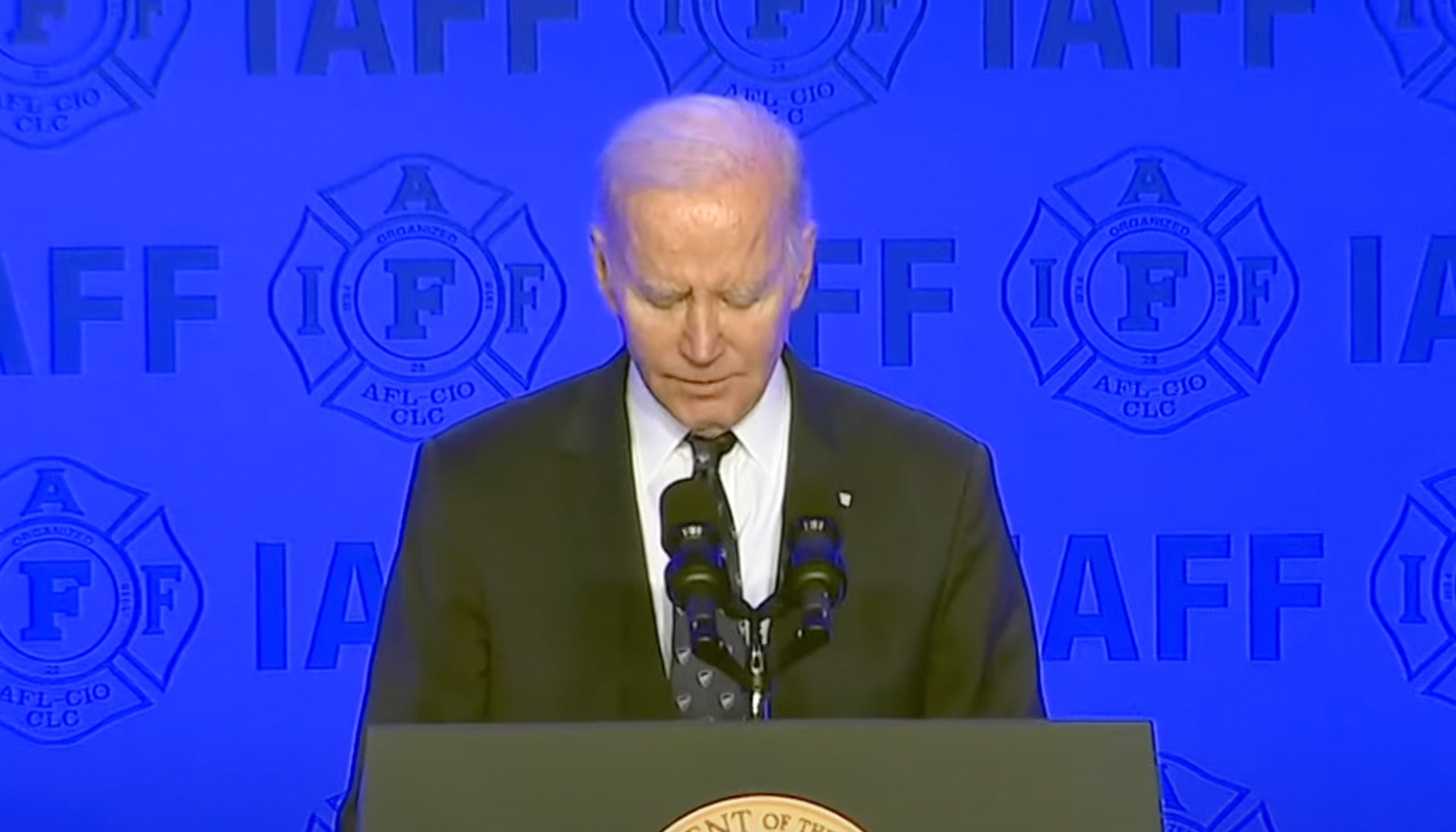Biden Administration Abandons Plan to Outlaw Menthol Cigarettes
In an unexpected turn, the Biden administration has decided against its prior initiative to ban menthol cigarettes in the United States. This decision comes after consideration of its impact during an election year and public health implications. The Wall Street Journal reported the administration's shift in stance late on Friday.
The policy change weighed against political repercussions and public health benefits, will be officially announced as soon as Friday afternoon, Newsmax reported.
Last year, the U.S. Food and Drug Administration (FDA) delayed its decision on enacting the ban. Officials took more time for discussions, which shows the complexities involved in making this regulatory shift.
Impact on Public Health and the Black Community
Menthol cigarettes, constituting a third of the U.S. cigarette market, are notorious for their addictive nature, especially among young smokers, posing significant health risks.
Of particular concern is their impact on Black communities, with 81% of Black adult smokers preferring menthol compared to 34% of white smokers, according to CDC data, attributed to targeted marketing.
Civil rights and anti-smoking groups criticize the sale of menthol cigarettes for its disproportionate impact on Black individuals and youth, advocating urgently for regulatory measures to safeguard vulnerable populations.
Political Considerations During Election Year
The Biden administration's pivot on the menthol cigarette ban appears to be influenced by political considerations. There is a risk of alienating Black voters—a crucial voter bloc—during an upcoming election year, making the decision politically sensitive.
This aspect of policymaking showcases the delicate balance policymakers must maintain between advancing public health initiatives and navigating the political landscape, especially in periods leading up to elections.
The administration's decision has stirred various reactions, highlighting the complexity of decision-making where public health goals intersect with political strategy.
Delayed Response from Major Agencies
Following the Wall Street Journal report, neither the White House nor the FDA commented on this recent policy reversal. This delayed response has left room for speculation and discussion among stakeholders and the public.
The absence of immediate clarification from these authoritative bodies adds a layer of uncertainty about the motivations and future direction of tobacco regulation under the current administration.
Understanding the implications and rationale behind such policy shifts is crucial for evaluating the administration's public health and governance approach.
Reaction of Communities and Advocacy Groups
The decision has garnered mixed reactions. Some community leaders and health advocates express disappointment, fearing negative long-term consequences on public health, particularly among the youth and Black communities.
Conversely, some political commentators suggest that this move could be seen as an effort to avoid contentious policy changes in a sensitive electoral climate, potentially safeguarding vital political support.
The dynamic between public health policy, community impact, and political necessity continues to shape discussions around such significant decisions.
Balancing Health Concerns with Political Realities
This decision marks a crucial moment in public health policy, reflecting a broader dilemma in government policies—how best to balance immediate public health goals against long-term political consequences.
The ongoing discussions and the eventual outcomes will likely serve as a case study for similar conflicts in regulatory approaches in the future, especially those impacting significant demographic groups.
This story underscores the complexities of implementing health policies that require careful negotiation of social, economic, and political factors to align effectively with the broad goals of public welfare and community safety.
In conclusion, the Biden administration's decision to retract the plan to ban menthol cigarettes underlines a pivotal moment in U.S. public health and political discourse.
The administration weighed the substantial public-health dangers against the potential political fallout in a crucial election year, resulting in a pause in its previously aggressive stance against menthol cigarettes.
Key points such as the impact on young smokers and targeted marketing towards Black communities remain crucial concerns that need addressing in future policy discussions.






